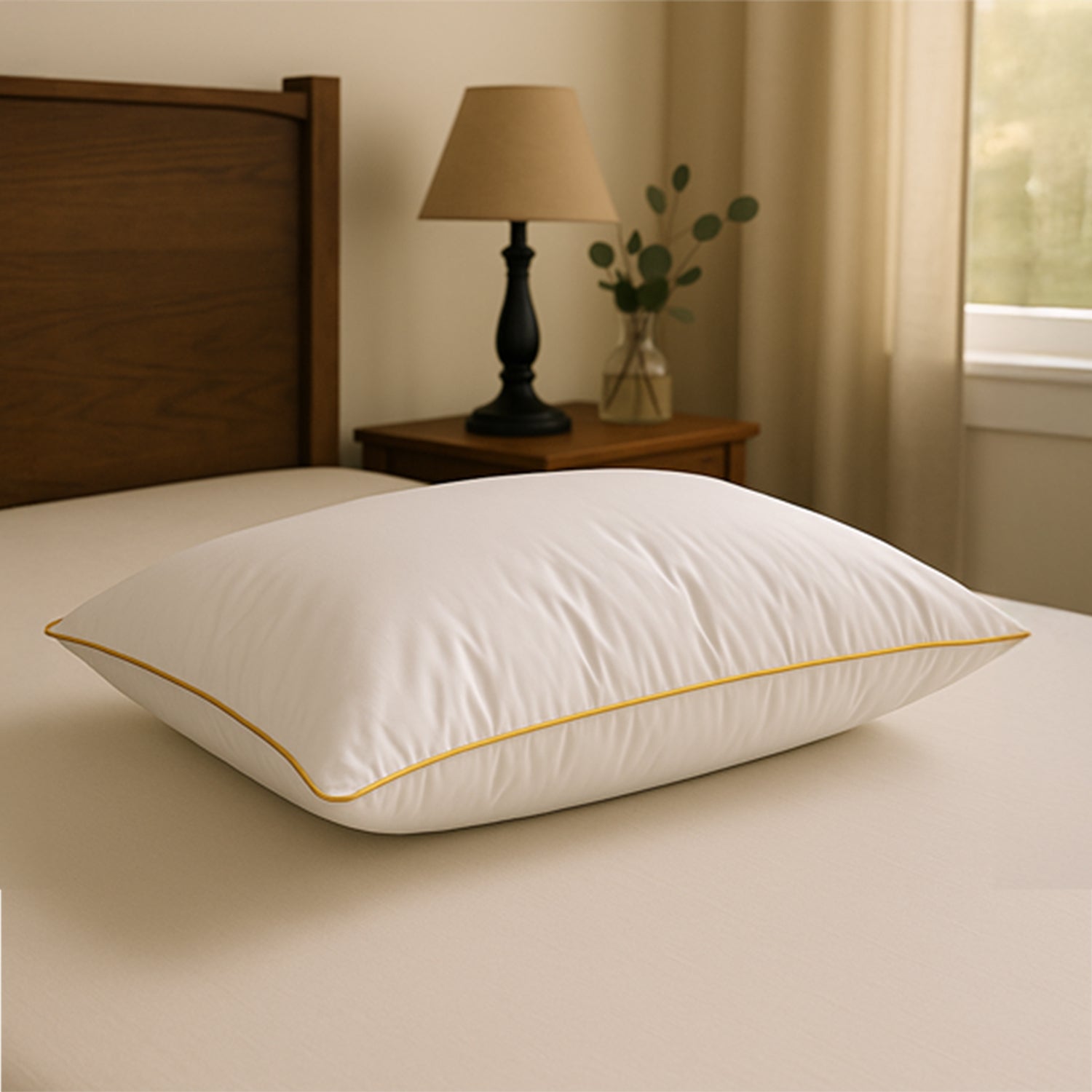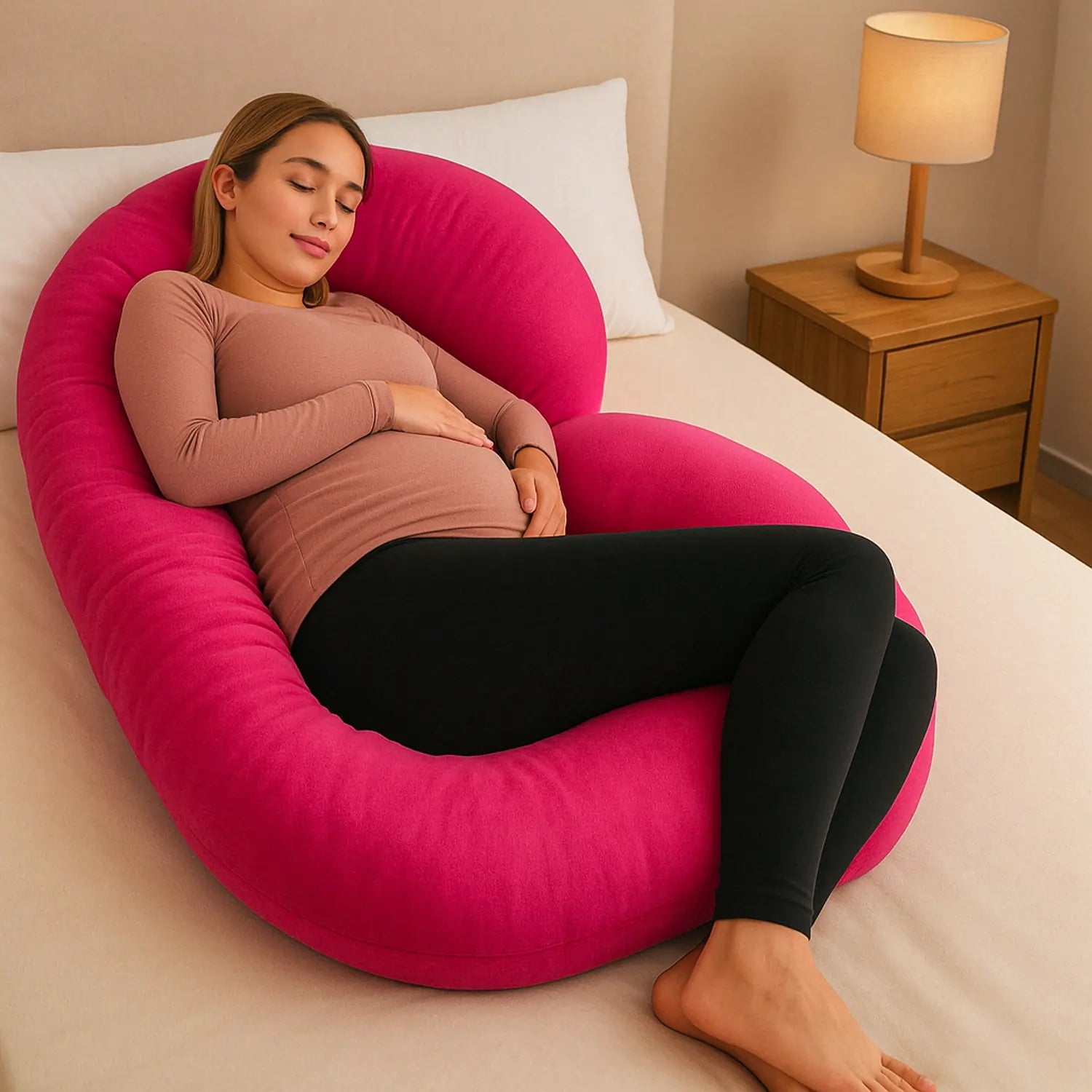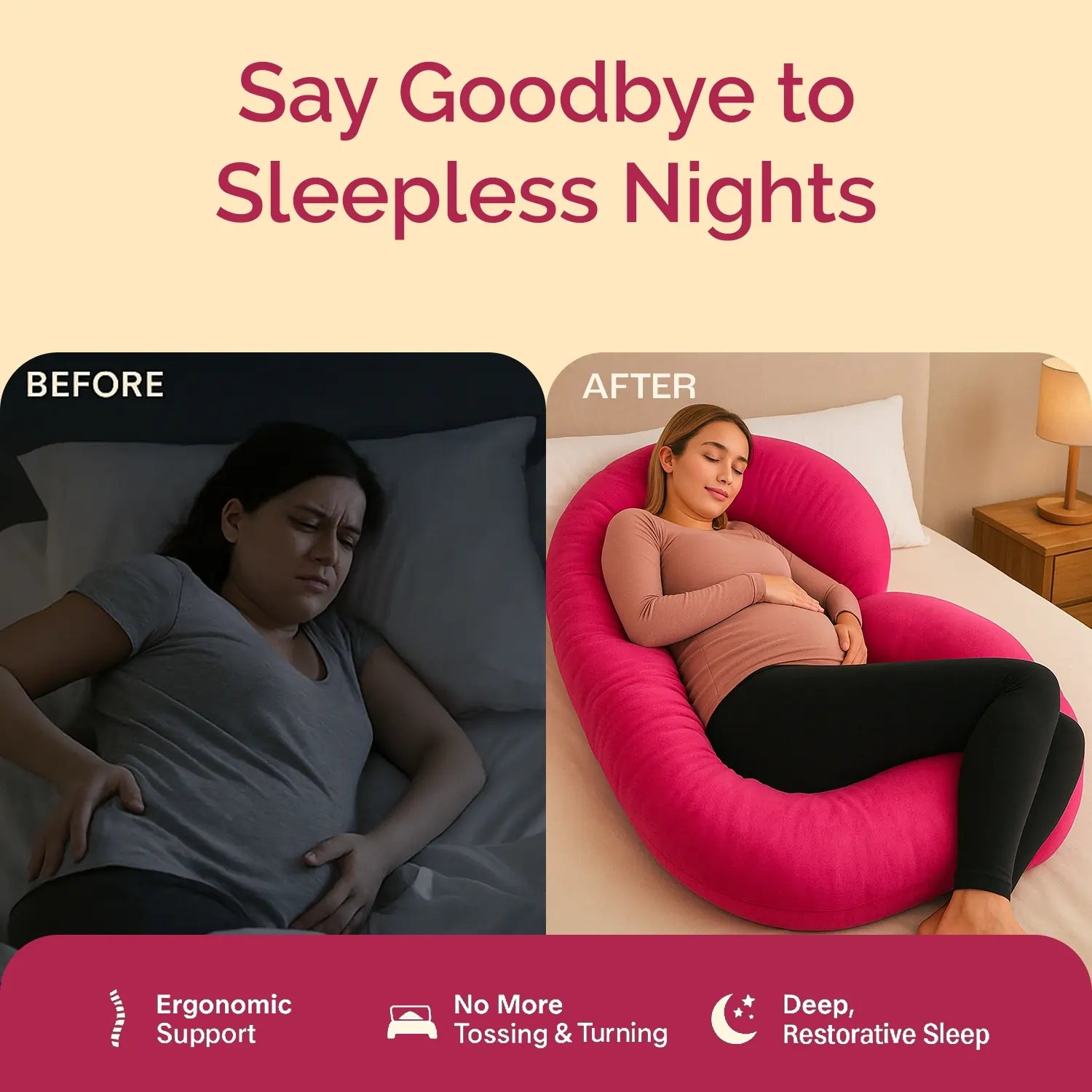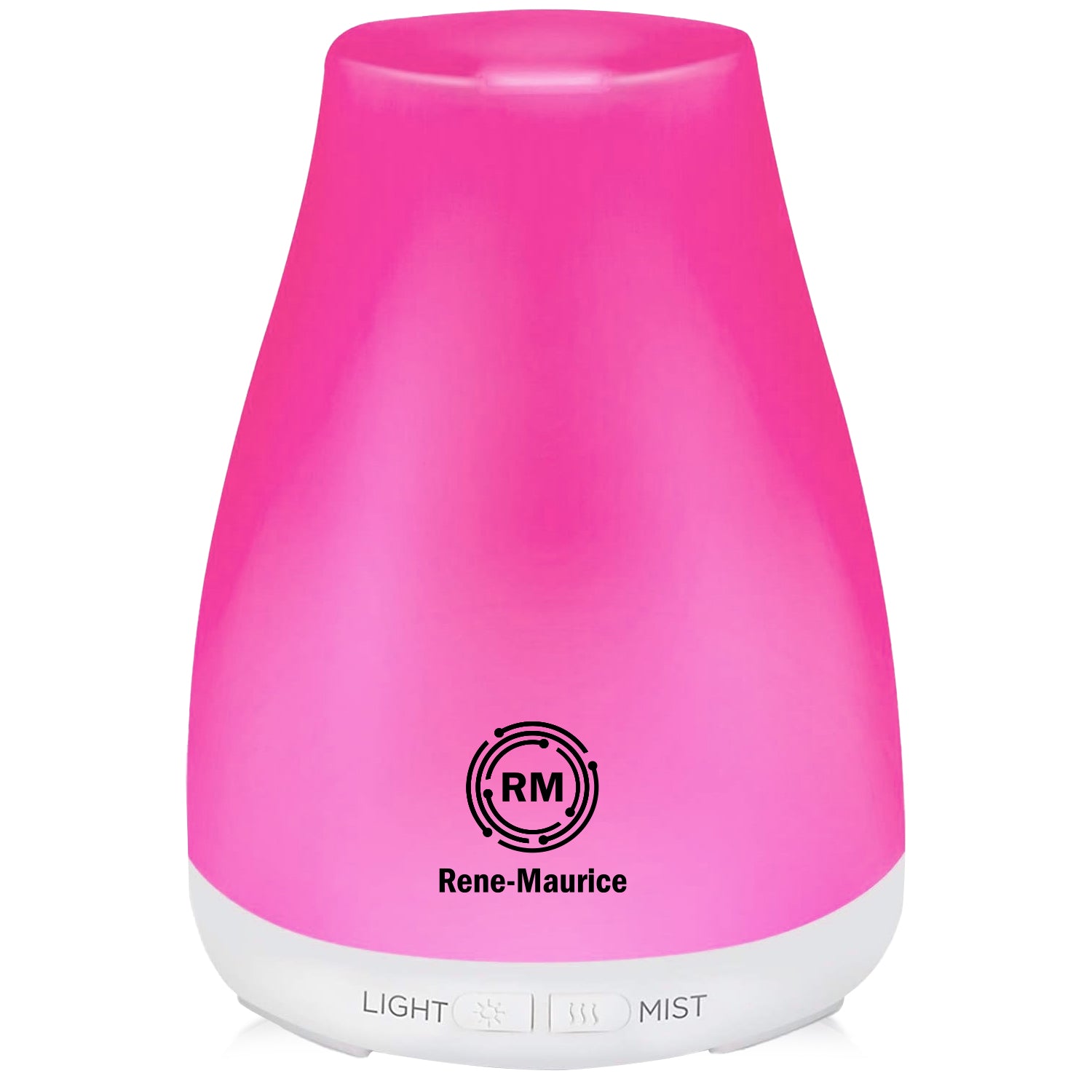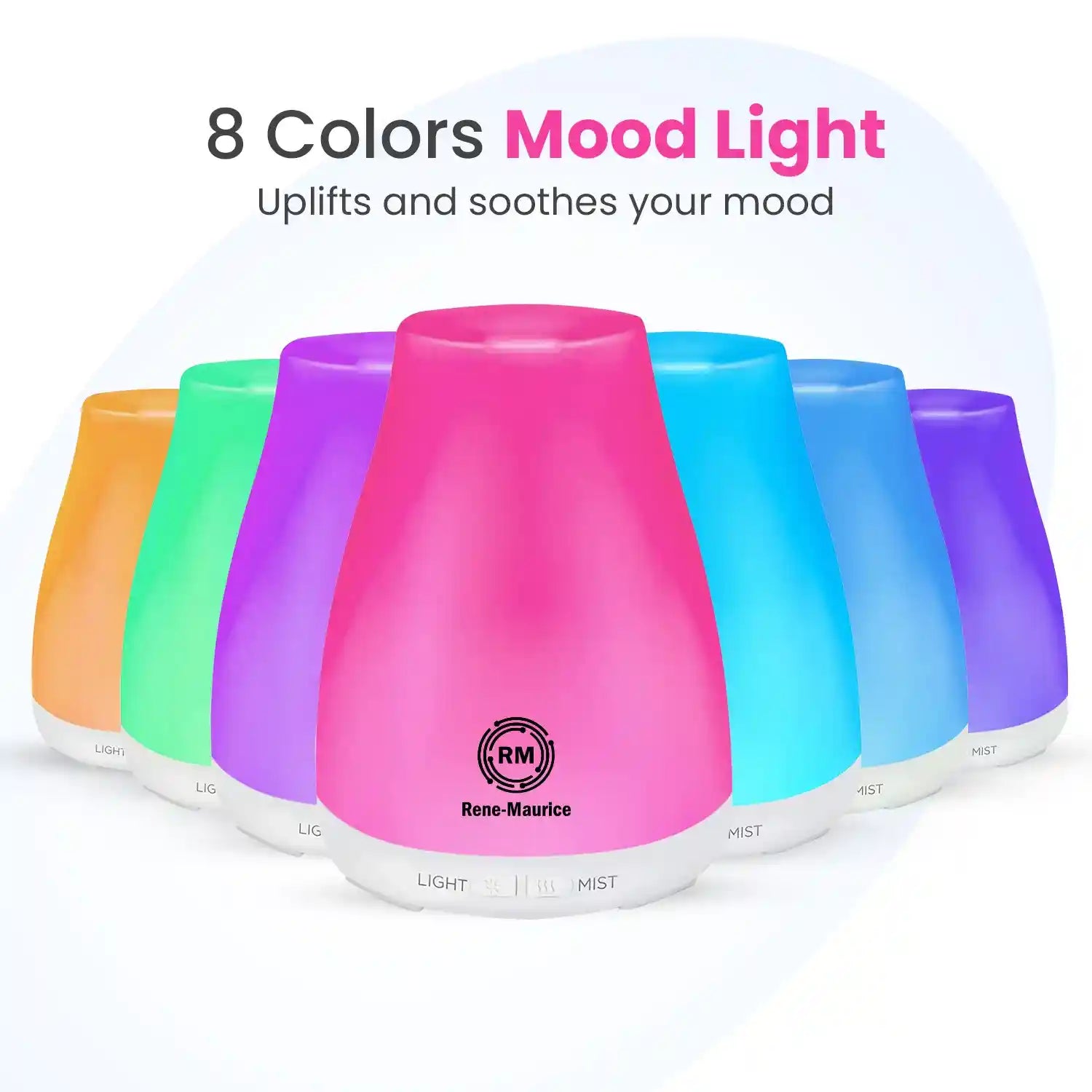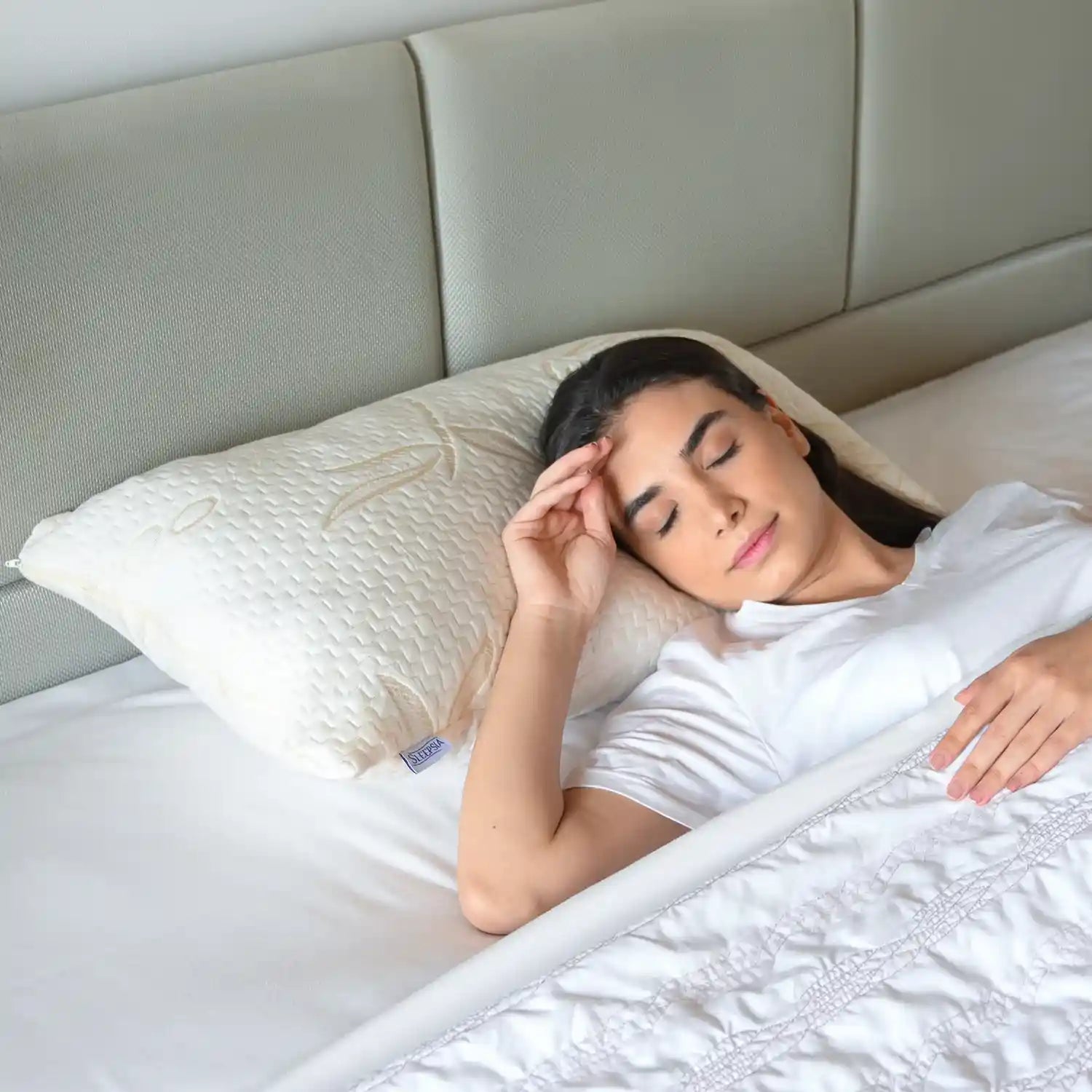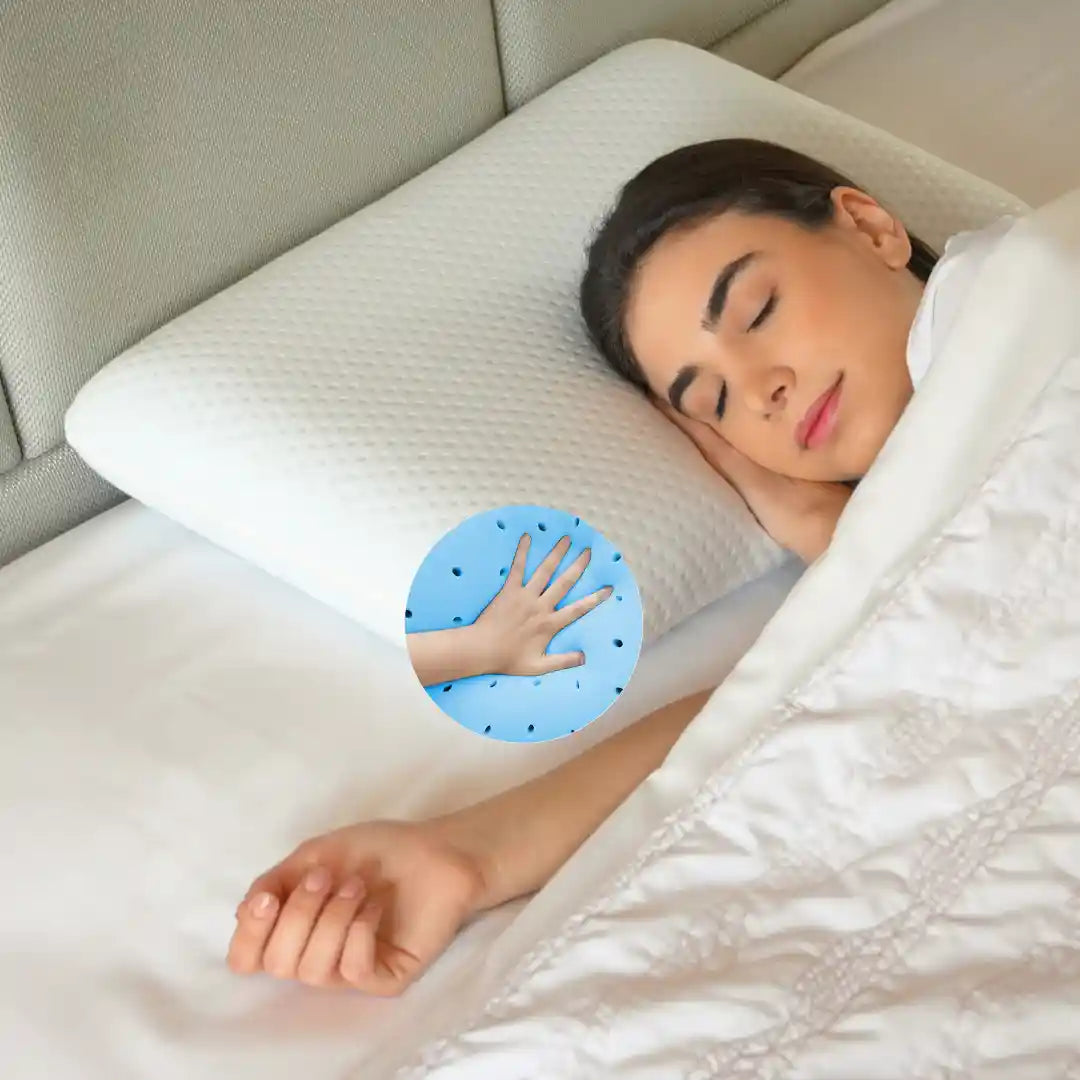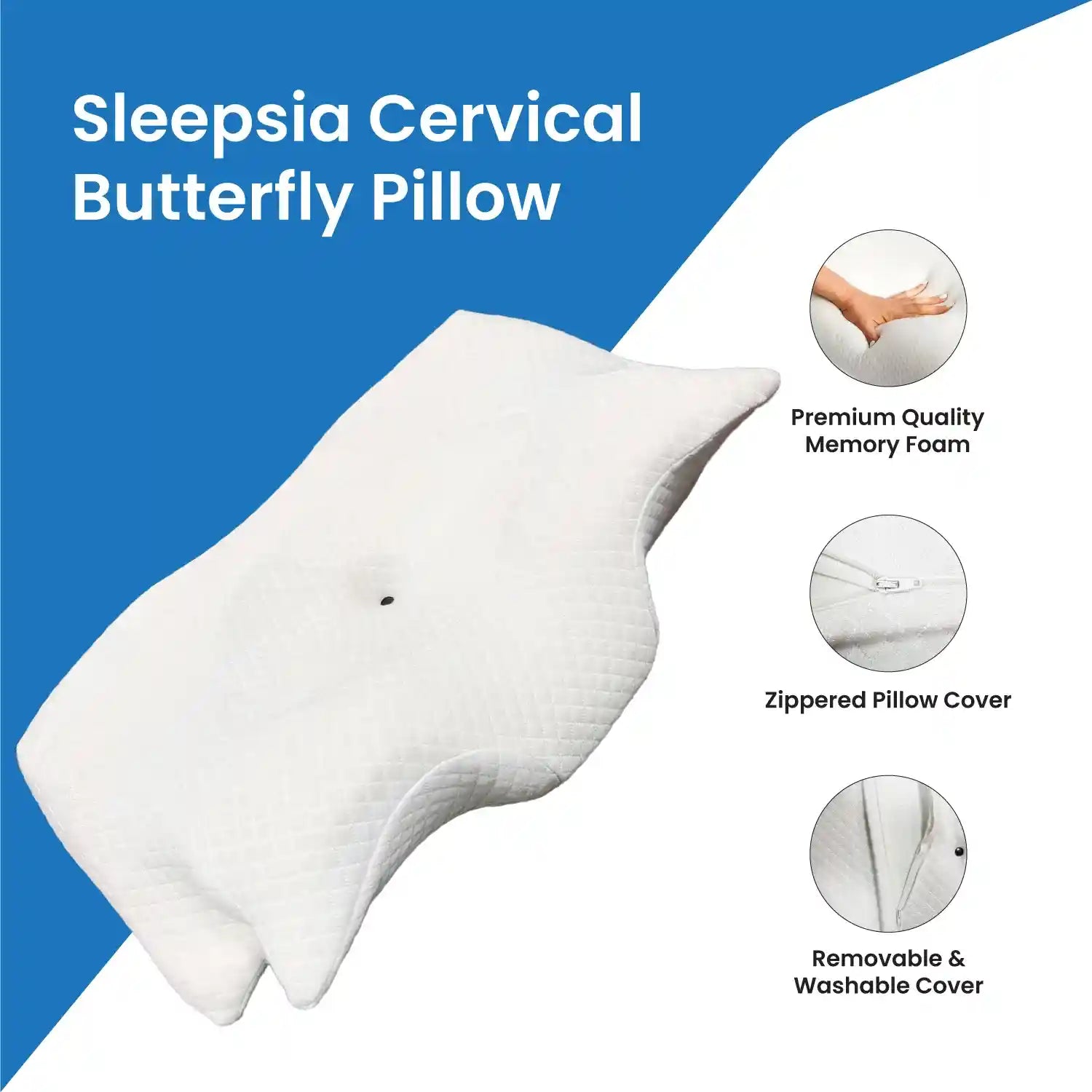
Sleep and Hormonal Balance: How Rest Impacts Endocrine Function
Even one night of not getting enough sleep can leave you feeling miserable. Not only will you be fatigued and cranky the next morning, but you may also feel "off" for no apparent reason. This sense of imbalance is most likely due to your hormones, or more specifically, a hormonal imbalance caused by a poor night's sleep.
In fact, your sleep and hormones may be more interconnected than you realize. If you're having problems with one (sleep or hormone imbalances), you're almost probably having problems with both. So, in this blog let's look at the relationship between hormones and sleep to help you feel more rested and "normal" again.
Recommended Products
What Are Hormones?
Hormones are chemicals produced by the body and released through the endocrine system, which is a network of glands and organs found throughout the body. Hormones are essential for your body's correct functioning and are responsible for a variety of bodily processes. Some of these include:
- Your appetite and metabolism
- Your body's temperature
- Your sexual performance and drive
- Your blood pressure and heart rate
- Your Circadian Rhythm
Symptoms caused by low hormone production, such as exhaustion even after a full night's sleep, bodily aches, and low blood pressure, are sometimes referred to as adrenal fatigue, alluding to the adrenal gland, which produces many of your body's hormones. Stress and the release of cortisol and adrenaline are the most common causes of adrenal exhaustion. However, these side effects could be indicative of larger health issues or hormone imbalances.
The Role of Sleep in Hormone Production
Every night, your body works hard to heal from the day before and prepare for the next. This process includes creating and regulating several of your body's hormones. Hormones are chemical messengers that function as messenger molecules in the body. These hormones sustain your bodily processes, including but not limited to:
- Hunger, appetite, and blood glucose
- Circadian rhythms and the sleep-wake cycle
- Sexual function
- Body Temperature
- Cardiovascular function
- Muscle and tissue repair
Poor sleep quality and short sleep duration can affect not only hormone levels, but also how your hormones are created and interact with one another. This can result in hormone imbalance and any associated comorbidities, such as thyroid illness, sexual dysfunction, and even sleep difficulties.
Hormones that Affect Sleep
While sleep is important for hormone production,there are some hormones that affect sleep quality as well. Here are a few hormones that affect sleep quality for good or worse.
Melatonin
Melatonin, also known as the "sleep hormone," promotes healthy sleep and regulates your body's circadian cycle. The pituitary gland in your brain produces the majority of your body's hormones, including melatonin, which is linked to your sleep-wake cycle.
Sleep disruption or poor quality sleep can have a severe impact on your body's ability to produce melatonin. And because a good night's sleep is so important for your general health and well-being, it's critical to balance melatonin with adequate sleep.
Many Indians do not get enough quality sleep each night, and many use melatonin supplements to help them sleep. As a result, melatonin is one of the most popular health supplements today.
Testosterone
Similar to progesterone and estrogen, testosterone is produced in all bodies (male or female) and is not limited to the "male" sex hormones. In both men and women, testosterone helps to maintain reproductive and bone health.
Testosterone levels fluctuate throughout the day and are at their peak during REM sleep. If you don't get enough REM sleep, it can alter your testosterone levels.
Reduced testosterone levels can occasionally be associated with snoring and insomnia symptoms, resulting in a vicious cycle of low testosterone and poor sleep.
Progesterone and Estrogen
Progesterone and estrogen are produced by both men and women, but they are best known for their functions in women's reproductive health.
Estrogen, the primary "female" sex hormone, regulates a woman's menstrual cycle. There are three forms of estrogen: estradiol, estriol, and estrone. These estrogens are produced at various stages in a woman's life, including reproductive age, pregnancy, and menopause.
Progesterone helps to support pregnancy and is at its peak during that time. Progesterone and estrogen levels fluctuate throughout a woman's life, altering her sleep quality. This occurs most commonly during the menstrual cycle, pregnancy, and menopause.
Progesterone and estrogen levels fluctuate throughout a woman's life, altering her sleep quality. This occurs most commonly during the menstrual cycle, pregnancy, and menopause.
Many women report difficulty sleeping at these times, especially if they have side effects such as menstrual cramps, bodily pain during pregnancy, or hot flashes during menopause. Because of these hormonal shifts, women are more prone to sleeplessness than men.
Also Read:- How To Relieve Stress for Bedtime
Cortisol
The adrenal glands create cortisol, sometimes known as the stress hormone. Cortisol also helps to balance the other hormones in your body. When you get a good night's sleep, your cortisol levels rise quickly after you awaken. This triggers your body's other hormones as well. However, inadequate sleep can impair your body's cortisol secretion, which can then impair many of your other hormones and glands.
Some studies also suggest that not getting enough sleep can cause the body to generate more cortisol during the day, potentially increasing alertness. Cortisol in excess can induce an overactive master hormone system by stimulating the hypothalamic-pituitary-axis (HPA). This disruption can cause insomnia, shorter sleep time, fragmented sleep, and decreased slow-wave.
Conclusion
A good night's sleep is required for hormone balance in the body, which is important to physical activities and processes. Poor sleep or insufficient sleep can cause a hormonal imbalance, which might have detrimental consequences.
Stick to a sleep schedule, aiming for 7 to 9 hours per night, and minimize sugar consumption the day after your sleep is disrupted. This can aid in hormone regulation and provide associated health advantages.
If you struggle to get yourself to sleep, consider using a microfiber pillow. Microfiber pillows are intended to provide comfort and support while also promoting good sleep. Their soft and hypoallergenic characteristics can help to create a relaxing environment, reducing discomfort and easing the transition into sleep.




